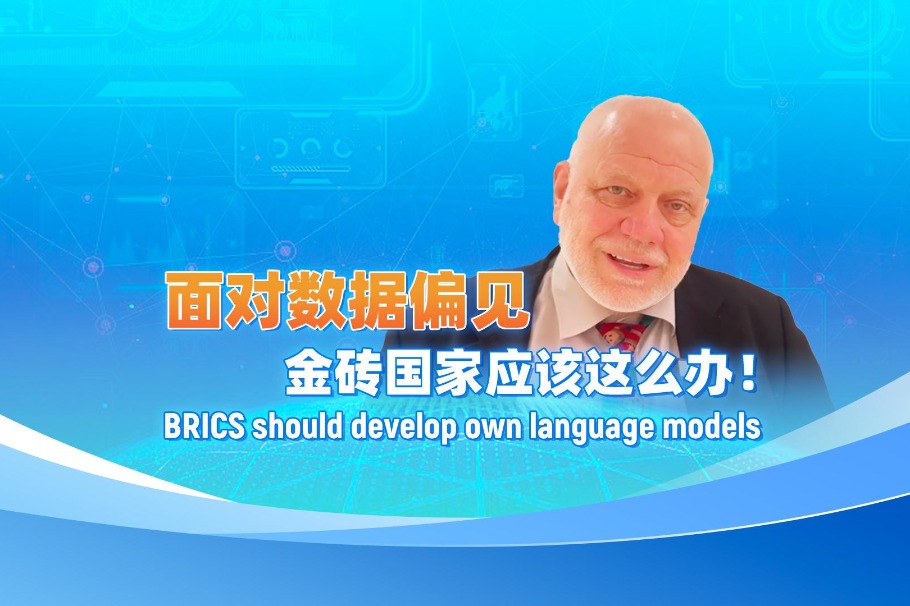Sino-French ties serve to highlight the value of foresight and autonomy

In a signed article published by Le Figaro on Sunday, Chinese President Xi Jinping praised the foresight of General Charles de Gaulle in establishing France's diplomatic ties with China 60 years ago at the height of the Cold War.
By cherishing that "independent decision", Xi sent a clear message to his French counterpart Emmanuel Macron, urging Paris to continue to adhere to the country's traditional strategic autonomy in handling its relations with China.
The candid, extensive and in-depth exchanges between the two leaders in Paris the following day carried forward the positive momentum and agenda of their last face-to-face meeting in China last year.
That is an important assurance of not only the richness of the outcomes of the latest meeting between them, but also of the certainty that these outcomes will be transformed into concrete results, as has been done before.
The two countries have spearheaded cooperation in aviation and nuclear energy and in third-party markets; and they have made indispensable contributions to the conclusion of the Paris Agreement on climate change and the Kunming-Montreal Global Biodiversity Framework.
The complementarity between the Chinese and French economies and their respective development stages mean there is broad space for the two countries to expand their cooperation in clean energy, nuclear energy research, aviation and aerospace, and artificial intelligence.
By doing so, the two countries can set a good example for relations between big countries. Both China and France uphold a United Nations-centered world order, support multilateral global governance and a multipolar world. Neither of them seeks hegemony, instead together they promote mutual learning, win-win cooperation and oppose the efforts of some countries to ride roughshod over the interests of others at the cost of international law. As such, it is natural that they can treat each other on an equal footing with due respect.
Having developed a correct understanding of the cooperative nature of their ties and viewing each other without the blinkers of bias, they don't try to cross each other's redlines, interfere in each other's internal affairs or harm each other's core interests by saying one thing and then doing another.
In this way, they have been able to keep the development of the Sino-French relationship on the right track, immunizing it against any divisive attempts by any third party hoping to drive an ideological wedge between the two countries for its own narrow ends.
As Xi said in his article, China is ready to work with France in the spirit that guided the establishment of diplomatic ties to forge a stronger comprehensive strategic partnership between the two countries.
To that end, China welcomes more quality products from France to meet the ever-growing needs of the Chinese people for a better life. It is also expanding the market access to the telecom, medical and other service industries for foreign companies, including those of France.
Meanwhile, Beijing hopes Paris will encourage Chinese companies to invest and develop in France, and ensure that they operate in a fair and equitable business environment.
In his article, the Chinese leader stated that China did not start the Ukraine crisis, nor is it a party to or a participant in it, but it understands the repercussions of the crisis on the people of Europe. In doing so, he has made it clear that he is willing to respond to President Macron's desire for the issue to be a priority on the agenda and that he would expound on China's pro-peace efforts, and its objective of promoting the formation of a lasting and workable peace mechanism in Europe and the Middle East.
Shouldering unshakable global responsibilities as permanent members of the UN Security Council and key players on the world stage, the two countries can strengthen communication and coordination to uphold world peace and stability by mobilizing the international community in pursuit of proper solutions to these hotspot issues of common concern.
?

































